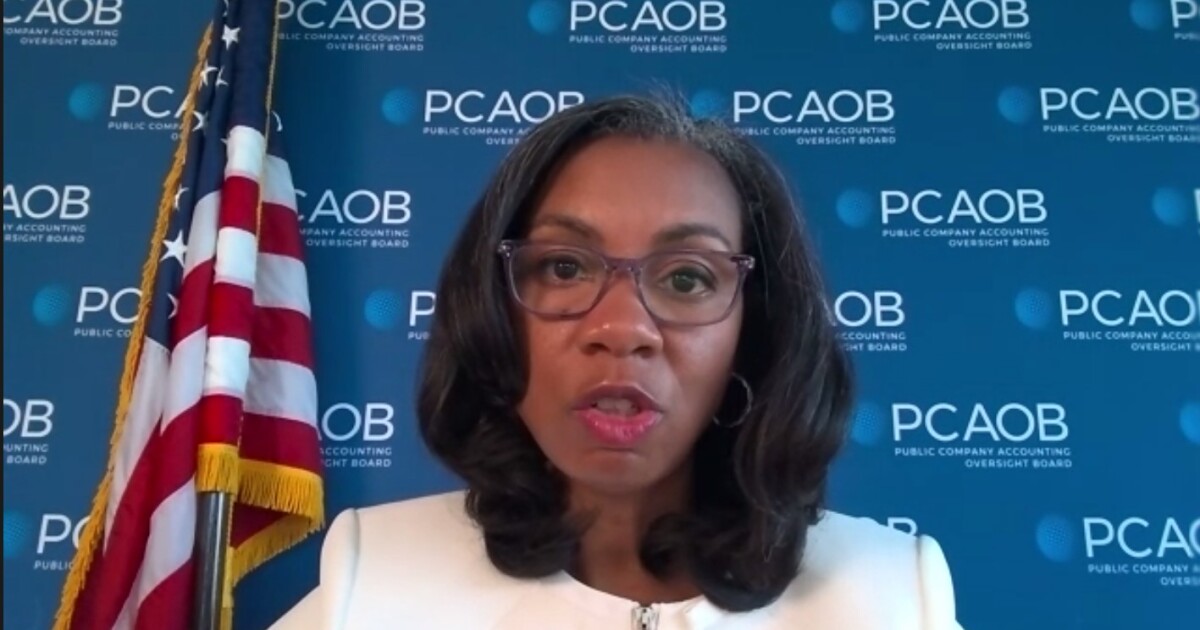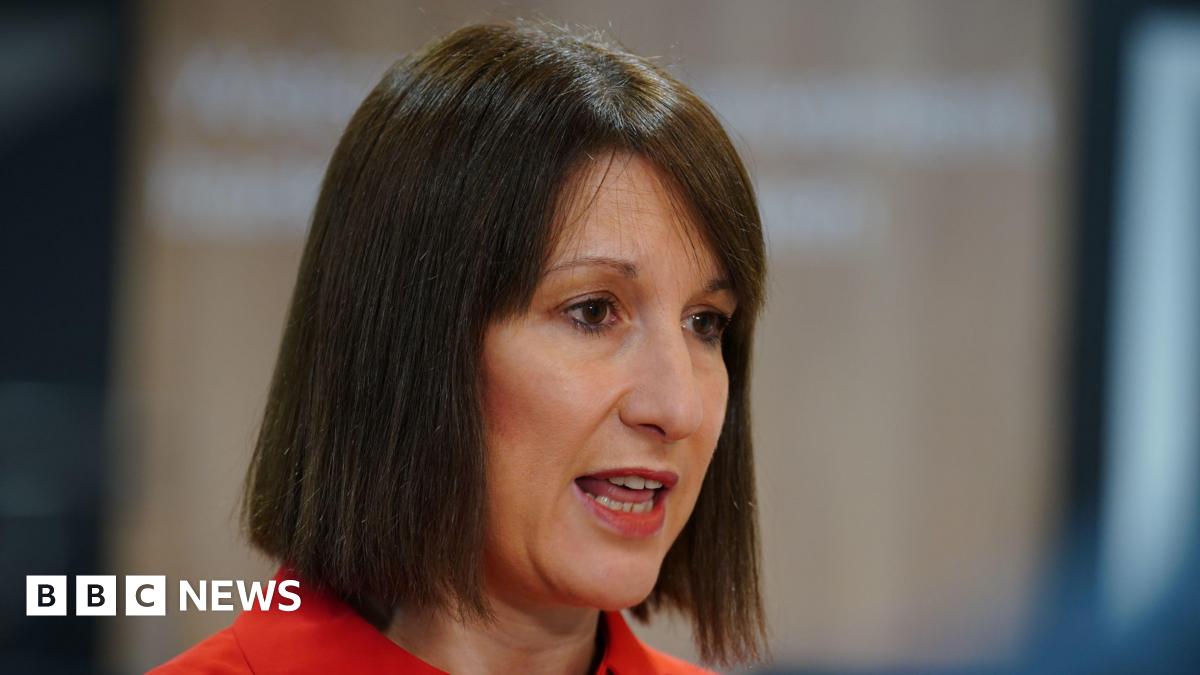The Public Company Accounting Oversight Board issued a proposal Tuesday to amend its rule for an individual auditor’s or audit firm’s contributory liability for knowingly or recklessly contributing to violations.
PCAOB Rule 3502, Responsibility Not to Knowingly or Recklessly Contribute to Violations, was first enacted in 2005 and governs the liability of associated persons who contribute to registered public accounting firms’ violations of the laws, rules and standards that the PCAOB enforces.
The purpose of the rule is to allow the PCAOB to hold accountable associated persons of PCAOB-registered firms who directly and substantially contribute to violations committed by registered firms. The new proposal would toughen the current rule by updating the threshold for liability auditors are already required to exercise reasonable care anytime they perform an audit, and whose failure to do so constitutes “negligence.”
The current Rule 3502 only allows auditors to be held liable for their firms’ violations when they “recklessly” contribute to those violations. The PCAOB believes that represents a bigger departure from the standard of care than negligence. That means even when a firm commits a violation negligently, people associated with a firm who directly and substantially contributed to the firm’s violation can be sanctioned only if the PCAOB shows they acted recklessly.
If adopted, the proposal would update Rule 3502’s liability standard from recklessness to negligence, aligning it with the same standard of reasonable care that auditors are already required to exercise anytime they’re performing their professional duties. It’s also in line with the Securities and Exchange Commission, which already has the ability to bring enforcement actions against associated persons when they negligently cause firm violations.
“First, the proposal strengthens accountability for associated persons, including individuals and firms, who put investors at risk by updating the threshold for liability from recklessness to negligence — allowing the PCAOB to hold auditors accountable for failing to exercise the same standard of reasonable care and competence they are already required to exercise anytime they are executing their professional duties,” said PCAOB chair Erica Williams in a statement Tuesday. “Second, it clarifies that associated persons of any registered firm can be held liable for contributing to the violations of any registered firm — not only a firm with which they are associated — as long as their conduct at least negligently contributes to the firm’s violation.”
She noted that while instances where auditors negligently, directly and substantially contribute to the violations of firms with which they are not associated could be rare, arrangements among firms are becoming more and more complex every day.
“This clarification will ensure more complex firm arrangements, including some that we may not be able to contemplate today, cannot be used to evade accountability in the future,” she added.
The proposal maintains the current requirement under Rule 3502 that an associated person must have contributed to the firm’s violation both “directly and substantially” in order to be held liable, but it will now clarify the relationship between the contributory actor and the primary violator.
To be held liable under the current rule, an associated person who contributes to a firm’s violation must be an associated person of that particular firm. But the PCAOB pointed out that given the increasing complexity of arrangements among firms and the constantly evolving nature of technology, the proposal would clarify that people associated with any firm can be held liable as long as their conduct at least negligently, and directly and substantially, contributes to any firm’s violation, not just violations by a firm with which they’re associated.
The PCAOB is asking for comments on specific aspects of the proposed amendments. The PCAOB is encouraging its stakeholders to answer the board’s questions, to comment on any aspect of the proposal, and to provide their reasoning and relevant data supporting their views. The deadline for public comment on the proposal is Nov. 3, 2023.
Credit: Source link











